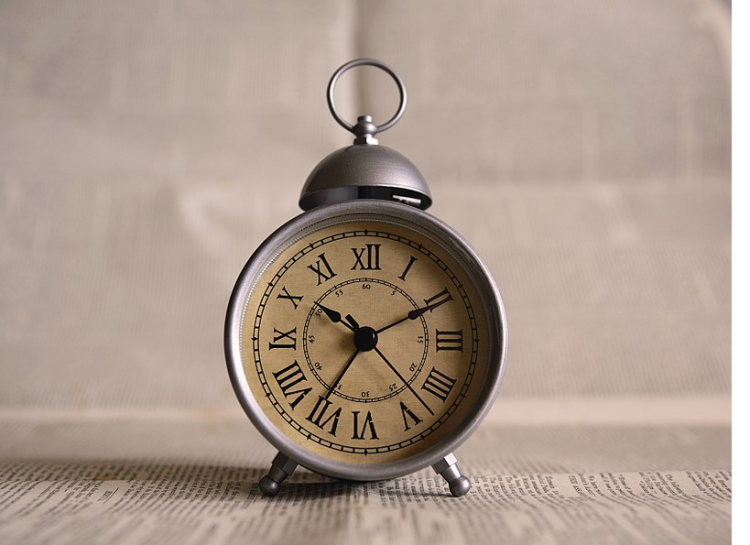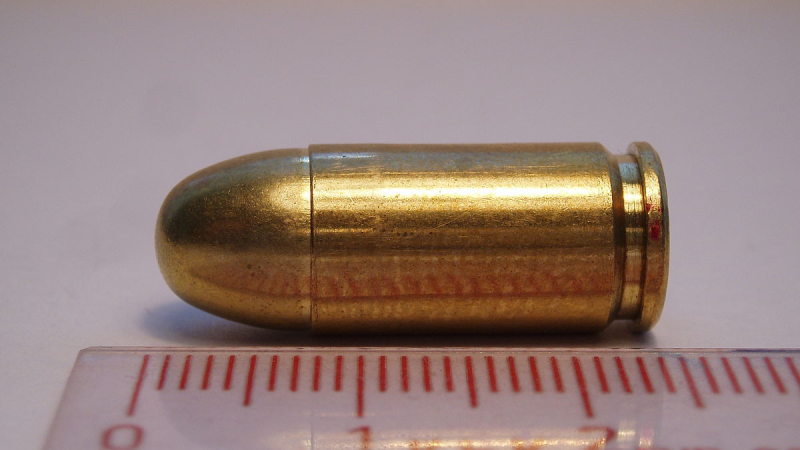How Many Seconds Are There in a Day? Calculating

Introduction
Time is a fundamental aspect of our lives, and understanding its divisions can provide valuable insights into various aspects of daily routines and scientific calculations. One essential unit of time measurement is the second. This article will delve into how many seconds there are in a day, breaking down the calculations and explaining the significance of these figures.
Basics of Time Units
The Second
The second is the base unit of time in the International System of Units (SI). It is defined based on atomic clocks, which measure the vibrations of cesium atoms. One second is equivalent to 1/60 of a minute.
The Minute and Hour
To understand how seconds accumulate in a day, it’s helpful to know how minutes and hours break down. One minute contains 60 seconds, and one hour contains 60 minutes. Thus, there are:
- 60 seconds/minute × 60 minutes/hour = 3,600 seconds/hour
Calculating Seconds in a Day
Hours in a Day
A day consists of 24 hours. To find out the total number of seconds in a day, we need to consider how many seconds are in one hour and then multiply that by the number of hours in a day.
Step-by-Step Calculation
- Determine Seconds Per Hour:
- We know there are 3,600 seconds in one hour.
- Calculate Total Seconds in a Day:
- Multiply the number of seconds in an hour by the number of hours in a day: 3,600 seconds/hour×24 hours/day=86,400 seconds/day3,600 \, \text{seconds/hour} \times 24 \, \text{hours/day} = 86,400 \, \text{seconds/day}
Thus, there are 86,400 seconds in a single day.
Why It Matters
Everyday Applications
Understanding how many seconds are in a day can be crucial for various practical reasons. For example:
- Time Management: Knowing the number of seconds helps in planning and managing time-sensitive tasks more efficiently.
- Scientific Research: In fields such as physics and astronomy, precise time measurements are critical for experiments and observations.
Technological Implications
Modern technology relies on precise timekeeping. For instance:
- Computers and Networks: Systems often synchronize based on precise time units, including seconds, to ensure data consistency and system efficiency.
- Global Positioning Systems (GPS): GPS relies on exact time measurements to provide accurate location data.
Beyond the Basics: Leap Seconds and Variations
Leap Seconds
Occasionally, a leap second is added to or subtracted from Coordinated Universal Time (UTC) to account for irregularities in Earth’s rotation. This adjustment ensures that our clocks remain in sync with the Earth’s rotation.
Variations in Timekeeping
Different timekeeping systems and time zones can affect the number of seconds perceived in a day. For example, while UTC remains constant, local time zones may experience different offsets from UTC, influencing how time is calculated and perceived in different regions.
Conclusion
Understanding the number of seconds in a day—86,400 seconds—highlights the precision with which we measure and manage time. From everyday applications to advanced technological systems, this knowledge is integral to various aspects of life and science. The calculation itself is straightforward, but the implications of understanding and using precise time measurements extend far beyond the simple arithmetic. Whether for practical purposes or scientific research, recognizing the significance of every second underscores the importance of time in our world.
FAQs
1. How many seconds are there in a day?
There are exactly 86,400 seconds in a day. This is calculated by multiplying the number of seconds in an hour (3,600) by the number of hours in a day (24). The formula is:
3,600 seconds/hour×24 hours/day=86,400 seconds/day3,600 \, \text{seconds/hour} \times 24 \, \text{hours/day} = 86,400 \, \text{seconds/day}
2. Why is it important to know how many seconds are in a day?
Knowing the number of seconds in a day is important for various practical reasons, such as accurate time management and synchronization in technology. For example, precise timekeeping is crucial in scientific experiments, computer systems, and global positioning systems (GPS) to ensure accuracy and consistency.





